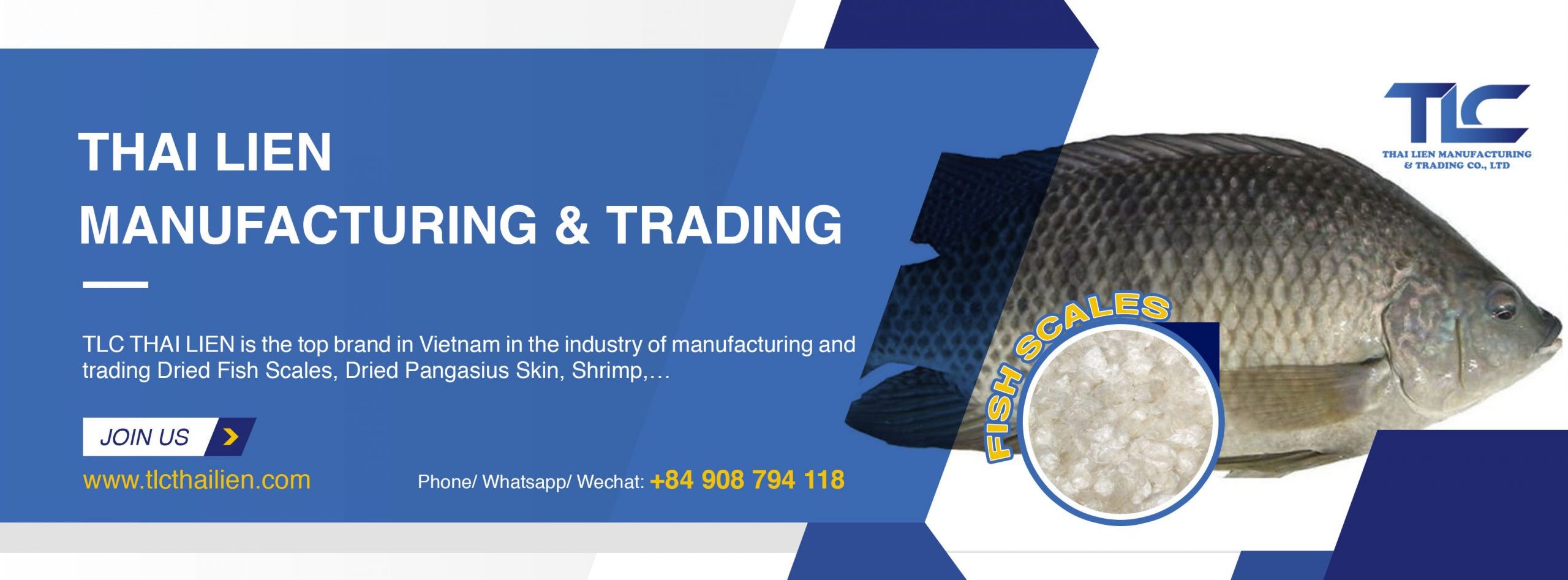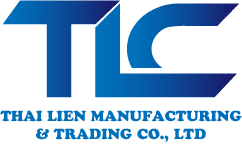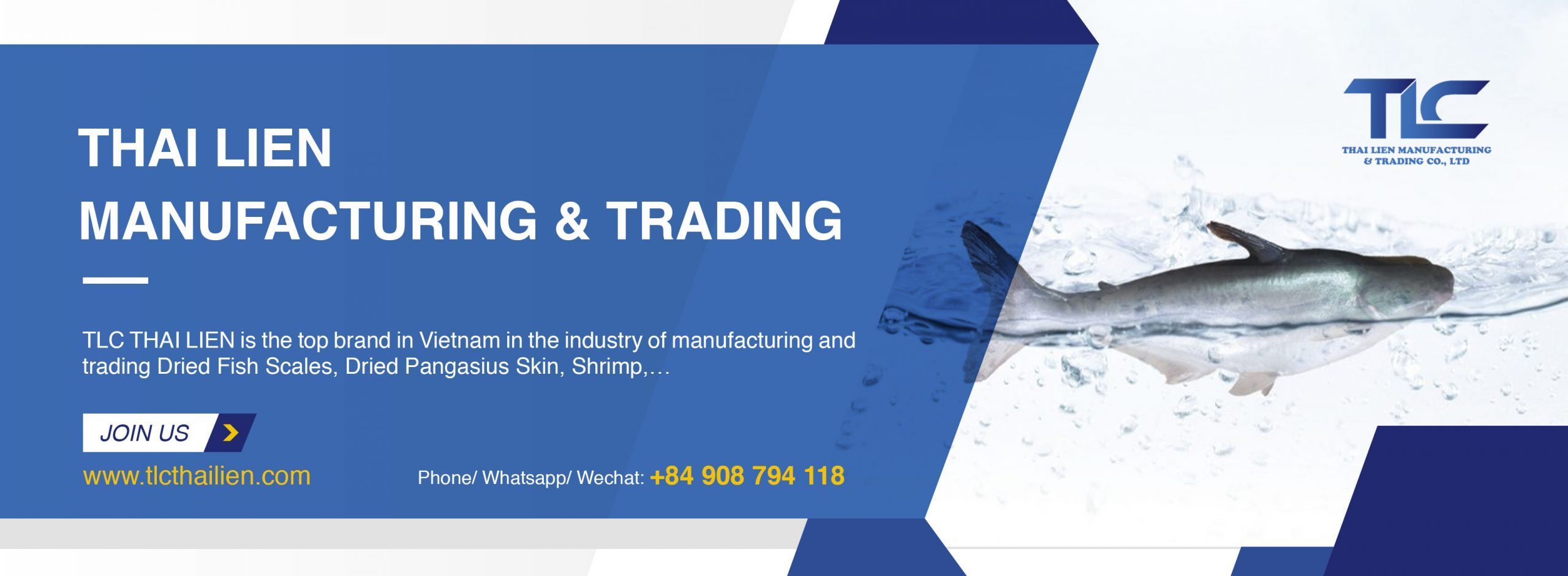Wholesale Seafood Supplier: Discover the Quality of Thai Lien’s Frozen Seafood
In the global seafood market, quality is paramount. With countless suppliers vying for your attention, finding a reliable source for premium frozen seafood can be challenging. Enter Thai Lien Manufacturing & Trading Co. We are a leading wholesale seafood supplier, renowned for our superior quality frozen seafood export from the rich waters of Vietnam.
Thai Lien’s offerings stand out in the crowded seafood market. Our specialty includes two of the world’s most loved shrimps – the Vannamei Shrimp and Black Tiger Shrimp. These shrimps, known for their mouthwatering flavor and versatility in various cuisines, are farmed and processed under rigorous quality control measures.
But our commitment to quality doesn’t end there. We understand the importance of sustainability in the seafood industry. That’s why we go above and beyond to ensure our products are sourced ethically, adhering to the highest standards of sustainable fishing and farming practices.
Imagine being able to offer your customers the succulent taste of Vannamei and Black Tiger Shrimps, fresh from the pristine waters of Vietnam. Imagine being confident in the knowledge that the seafood you provide is not only of the highest quality but also sourced responsibly. That’s what you get when you partner with Thai Lien Manufacturing & Trading Co.
Our advanced freezing technology ensures that our seafood remains fresh from the ocean to your doorstep, maintaining its flavor and nutritional value. As a leading wholesale seafood supplier, we are committed to providing you with the best products, service, and customer experience.
Don’t just take our word for it. Visit our website at tlcthailien.com ↗ to learn more about our products, practices, and values. Discover the quality of Thai Lien’s frozen seafood for yourself and take your business to new heights. Contact us today to place your first order and join our growing list of satisfied customers around the globe.
When you think of wholesale seafood suppliers, think Thai Lien. We are your trusted partner in the global seafood market.
FAQ
Can you provide more information about your sustainable fishing and farming practices?
Sustainable fishing and farming practices aim to preserve ecosystems, protect species and habitats, and maintain the health of ocean biodiversity. These practices may include:
1. Responsible Fisheries Management: This involves regulating the types and amounts of fish being caught to prevent overfishing. It also includes techniques like catch quotas, seasonal fishing, and avoiding areas where there is a risk of catching juvenile fish or endangered species.
2. Aquaculture Sustainability: Aquaculture, or seafood farming, can also be done sustainably. This means minimizing environmental impact by carefully managing waste, avoiding escapes which can affect wild populations, and reducing reliance on wild-caught fish for feed.
3. Traceability and Transparency: Sustainable seafood businesses often have systems in place to trace their products from catch to customer. This allows customers to know exactly where their seafood came from and how it was caught or farmed.
4. Certifications: There are several organizations that certify seafood as sustainable, such as the Marine Stewardship Council (MSC) and Aquaculture Stewardship Council (ASC). These certifications provide assurance that seafood has been sourced responsibly.
5. Community Engagement: Many sustainable seafood businesses also invest in their local communities, providing jobs and supporting local economies.
For specific information about Thai Lien Manufacturing & Trading Co.’s sustainable practices, it’s best to visit their website or contact them directly. They can provide the most accurate and up-to-date information about their sustainability efforts.

Can you explain more about the certification process for sustainable seafood?
Sure, I can provide a general overview of what the certification process for sustainable seafood often entails. However, it’s important to note that the specifics can vary depending on the certifying organization. Here’s a general process using the Marine Stewardship Council (MSC) and Aquaculture Stewardship Council (ASC) as examples, two of the most recognized organizations in this field:
- Application: The fishery or farm applies for certification, expressing their commitment to sustainable practices.
- Assessment: An independent, third-party Conformity Assessment Body (CAB) is selected to conduct the assessment. This involves a detailed review of the fishery or farm, including its practices, management, and impact on the environment. The CAB evaluates the fishery or farm against the organization’s standards for sustainable fishing or farming.
- Stakeholder Input: Throughout the assessment, stakeholders such as local communities, NGOs, and scientists are given opportunities to provide input and feedback.
- Scoring: The CAB scores the fishery or farm on various performance indicators. To achieve certification, the fishery or farm must meet a certain score threshold.
- Certification Decision: If the fishery or farm meets the requirements, the CAB will grant certification. The certification is typically valid for a certain period, like five years for MSC and three years for ASC.
- Surveillance Audits: During the certification period, the CAB conducts annual surveillance audits to ensure the fishery or farm continues to comply with the standards.
- Recertification: Before the certification expires, the fishery or farm must undergo a full reassessment if they wish to maintain their certification.
Certification from organizations like MSC or ASC is widely respected and can provide assurance to customers that the seafood they are buying has been sourced responsibly. It’s a rigorous process that requires a real commitment to sustainability from the fishery or farm.




